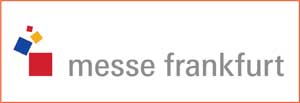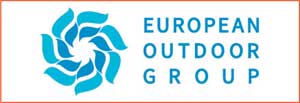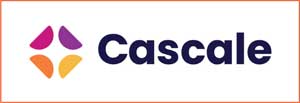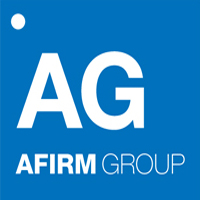 AFIRM
AFIRM
The AFIRM (the Apparel & Footwear International RSL Management Working Group) provides resources for sustainable, self-governing RSL implementation across the...
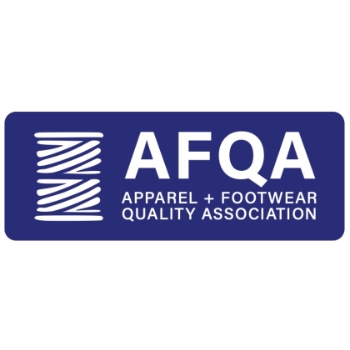 AFQA
AFQA
The Apparel and Footwear Quality Association (AFQA) is a new collaborative forum of apparel and footwear companies that aims to improve physical textile testing to...
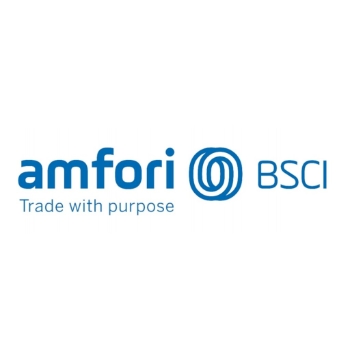 Amfori BSCI
Amfori BSCI
The amfori Business Social Compliance Initiative (BSCI) was originally set up as an initiative of the Foreign Trade Association (now Amfori) to achieve convergence in...
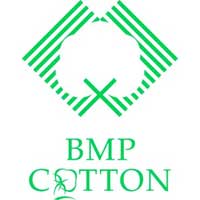 Australian BMP Cotton
Australian BMP Cotton
BMP is the Australian cotton industry’s best practise guidelines for growing cotton in harmony with the environment using an audited process with fully traceable supply chains.
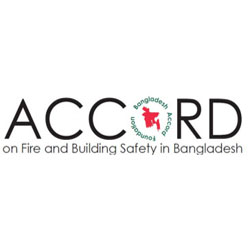 Bangladesh Accord on Fire and Building Safety
Bangladesh Accord on Fire and Building Safety
The Bangladesh Accord on Fire and Building Safety was an agreement designed to make all garment factories in Bangladesh safe workplaces. The Accord agreement included...
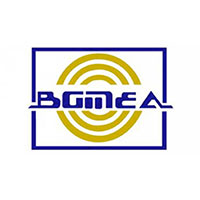 Bangladesh RMG Sustainability Council (RMC)
Bangladesh RMG Sustainability Council (RMC)
In May 2020, the Bangladesh RMG Sustainability Council (RMC) took over all the previous functions of the Bangladesh Accord on Fire and Building safety which was created...
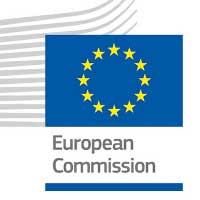 Best Available Techniques (BAT) Reference Document for the Tanning of Hides and Skins
Best Available Techniques (BAT) Reference Document for the Tanning of Hides and Skins
Best Available Techniques (BAT) Reference Document for the Tanning of Hides and Skins provides a review of the Best Available Technology in the Tanning Industry across...
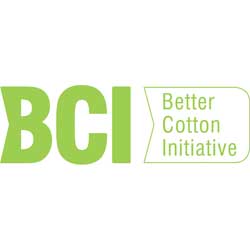 Better Cotton Initiative
Better Cotton Initiative
The Better Cotton Initiative (BCI) is a holistic approach to sustainable cotton production, which covers environmental, social and economic issues. It’s designed to...
 Bilan Carbone
Bilan Carbone
Bilan Carbone is a methodology developed by the French Agency for Environment and Energy Control (ADEME). It is a useful tool for organisations (company, community or...
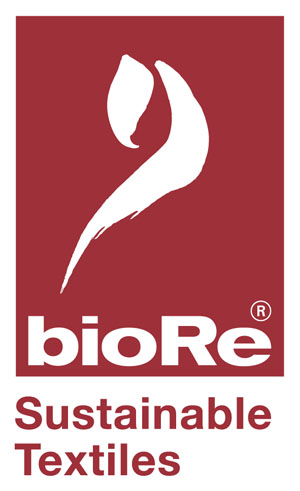 bioRe
bioRe
Updated in 2019, the bioRe label is operated by Swiss-based Remei Foundation, which defines the standards for bioRe Sustainable Cotton and subsequent bioRe Sustainable...
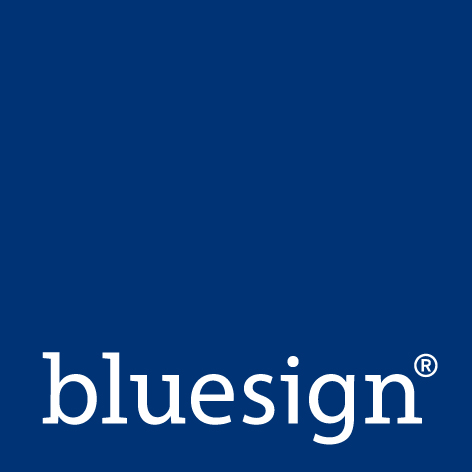 Bluesign Technologies
Bluesign Technologies
Focusing on consumer safety and the environment, the Swiss-based bluesign system examines natural resources and chemicals used in textile production, occupational health...
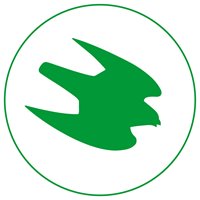 Bra Miljöval
Bra Miljöval
The Bra Miljöval standard was developed by the Swedish Society for Nature Conservation (SSNC) and translates as ‘Good Environmental Choice’ in English. It is...
 BREF IPPC
BREF IPPC
The reference documents on best available techniques (BREF) are a series of documents that reflect an information exchange in the European Union carried out according to...
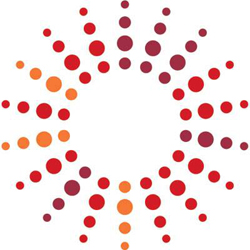 Business for Social Responsibility (BSR) – Water Quality Guidelines
Business for Social Responsibility (BSR) – Water Quality Guidelines
The Water Quality Guidelines (WQG) are voluntary goals set by the non-profit business association, Business for Social Responsibility (BSR). The goal is to improve...
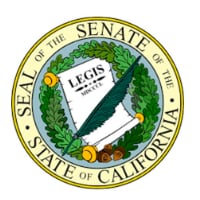 California Greenhouse Gases Climate Financial Risk Bill (SB 261)
California Greenhouse Gases Climate Financial Risk Bill (SB 261)
Signed into law on the same day as the California Climate Corporate Data Accountability Act (SB 253), this bill (SB 261) targets similar entities, applying to US-based...
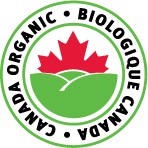 Canada Organic Regime
Canada Organic Regime
The Canada Organic Regime is a food based standard, but it’s interesting from a textiles point of view because in June 2009, an ‘equivalency agreement’ was signed...
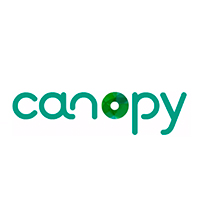 Canopy: Hot Button Ranking
Canopy: Hot Button Ranking
The Hot Button Ranking scheme, from environmental NGO CanopyStyle, provides an overview of the work undertaken by leading viscose producers to ensure that the raw...
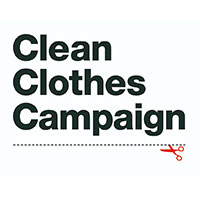 Clean Clothes Campaign
Clean Clothes Campaign
Established in 1989, Clean Clothes Campaign is a global network dedicated to improving working conditions and empowering workers in the global garment and sportswear industries.
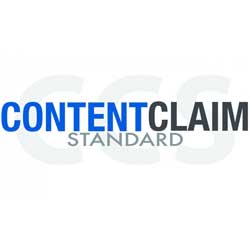 Content Claim Standard
Content Claim Standard
The Content Claim Standard is a voluntary standard that can be used to trace a material through the supply chain or used as a back-up for content claims if other...
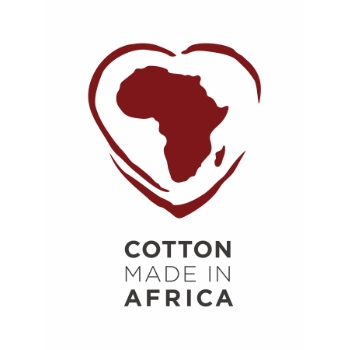 Cotton made in Africa
Cotton made in Africa
Cotton made in Africa (CmiA) is an independent standard for sustainable and traceable cotton. Through diversification, resource efficiency and innovative approaches,...
 Council Directive 98/58/EC
Council Directive 98/58/EC
Council Directive 98/58/EC of July 1998 concerns the protection of animals kept for farming purposes and applies to the European region.
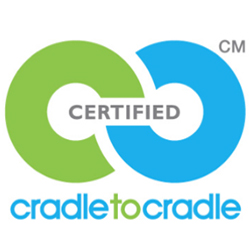 Cradle to Cradle
Cradle to Cradle
The Cradle-to-Cradle standard assesses product safety to humans and the environment, as well as product design for material reuse using a four-tier improvement system,...
 Directive on common rules promoting the repair of goods
Directive on common rules promoting the repair of goods
Directive (EU) 2024/1799, adopted on June 12, 2024, aims to promote the repair of consumer goods to enhance sustainability and reduce waste by establishing common rules...
 Directive on empowering consumers for the green transition
Directive on empowering consumers for the green transition
The Directive on Empowering Consumers for the Green Transition, adopted on 20th February, 2024, is an upgrade to previous EU directives (2005/29/EC and 2011/83/EU), to...
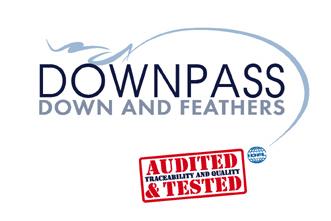 Downpass
Downpass
Launched in 2016, the goal of the Downpass standard is to contribute to the ethical sourcing of down and feathers, and to help companies to firmly anchor animal welfare...
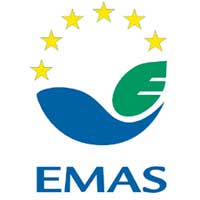 EMAS
EMAS
The EU Eco-Management and Audit Scheme (EMAS) regulation is a management tool for companies and other organisations to evaluate, report and improve their environmental...
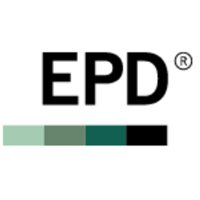 Environmental Product Declaration (EPD)
Environmental Product Declaration (EPD)
An Environmental Product Declaration (EPD) is a verified and registered document that communicates transparent and comparable information about the life-cycle...
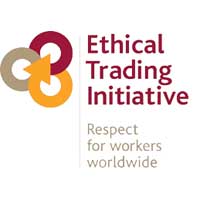 Ethical Trading Initiative
Ethical Trading Initiative
The Ethical Trading Initiative (ETI) is a tripartite multi-stakeholder organisation that aims to protect the rights of workers in supply chains and improve labour...
 EU 1007/2011
EU 1007/2011
Introduced at the end of 2011, this EU regulation has brought together three previous regulations – directives covering ternary fibre mixtures (73/44/EEC), binary...
 EU Chemicals Strategy for Sustainability
EU Chemicals Strategy for Sustainability
This strategy was launched in October 2020 as part of the zero-pollution ambition – a key commitment of the European Green Deal.
 EU Deforestation Regulation
EU Deforestation Regulation
The EU Deforestation Regulation (Regulation (EU) 2023/1115) aims to reduce the impact of the European Union’s contribution to global deforestation and forest...
 EU Ecodesign for Sustainable Products Regulation
EU Ecodesign for Sustainable Products Regulation
First published in March 2022, and coming into force in July 2024, the Ecodesign for Sustainable Products Regulation (ESPR), builds on the existing Ecodesign Directive...
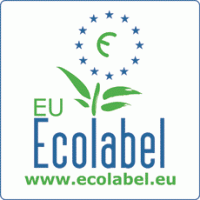 EU Ecolabel:Textiles
EU Ecolabel:Textiles
The European Ecolabel system allows the products of manufacturers, retailers or service providers to carry the distinctive ‘Flower’ label for marketing purposes...
 EU Forced Labour Regulation
EU Forced Labour Regulation
The EU Forced Labour Regulation is a new law that aims to prohibit products made with forced labour from being sold in or exported from the European Union market.
 EU General Product Safety Directive
EU General Product Safety Directive
The EU General Product Safety Directive is a directive provided by the European Commission on the requirements and surveillance of non-food consumer products on the market.
 EU Regulation 834/2007
EU Regulation 834/2007
This regulation was developed to regulate the organic farming sector within and beyond the European Union. The use of the term ‘organic’ with the regulation...
 EU-JRC End of Waste Criteria
EU-JRC End of Waste Criteria
The European Union’s Thematic Strategy on Prevention and the Recycling of Waste is a long-term strategy which aims to help Europe become a recycling society that...
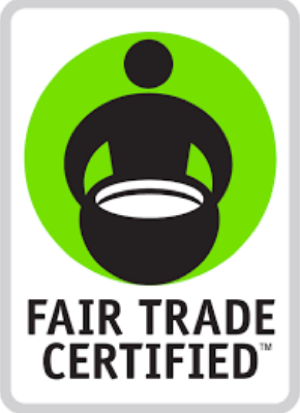 Fair Trade
Fair Trade
When a product is ‘Fair Trade Certified’ it has demonstrated that it meets rigorous social, environmental and economic standards outlined by the initiative’s...
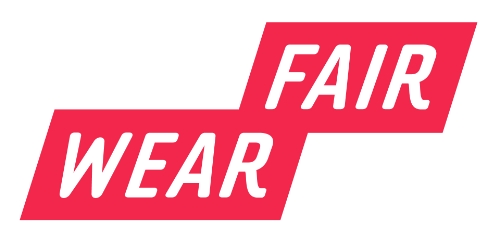 Fair Wear Foundation
Fair Wear Foundation
The Fair Wear Foundation (FWF) is a Netherlands-based NGO, which works with companies in the textile industry to improve labour conditions and examines how brands are...
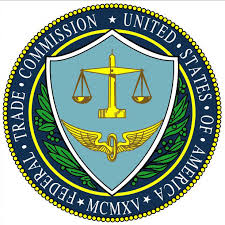 FTC - Green Guides
FTC - Green Guides
The Federal Trade Commission's (FTC) Green Guides provide guidance to help marketers avoid making false or misleading claims about the environmental benefits of their...
 FTC Recycled Content
FTC Recycled Content
According to the FTC Recycled Content guidelines, it is deceptive to misrepresent, directly or by implication, that a product or package is made of recycled content.
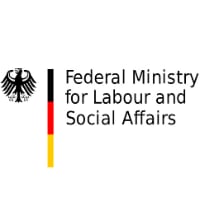 German Supply Chain Due Diligence Act
German Supply Chain Due Diligence Act
The Act on Corporate Due Diligence Obligations in Supply Chains came into force in Germany on January 1st, 2023, and requires that German enterprises to respect human...
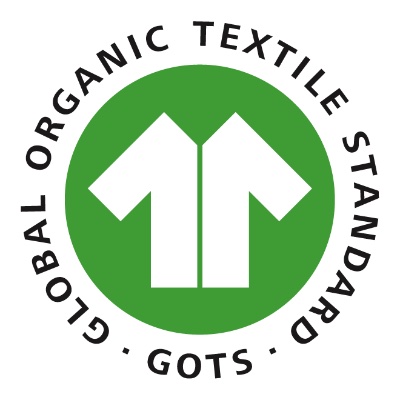 Global Organic Textile Standard (GOTS)
Global Organic Textile Standard (GOTS)
The Global Organic Textile Standard (GOTS) is an international standard for processing certified organic fibres. It encompasses stringent ecological, social, and human...
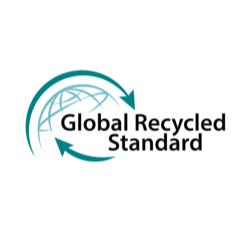 Global Recycled Standard
Global Recycled Standard
The Global Recycled Standard (GRS) addresses input material verification, chain of custody, environmental principles, social requirements, and labelling for textile...
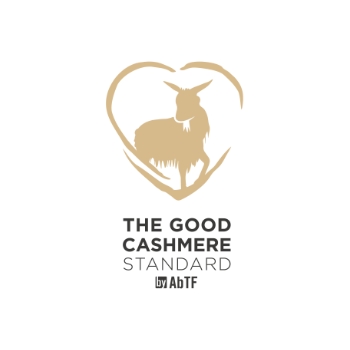 Good Cashmere Standard
Good Cashmere Standard
The Good Cashmere Standard (GCS) addresses the production and traceability of cashmere fibres with respect to the environment, supply chain transparency, the welfare of...
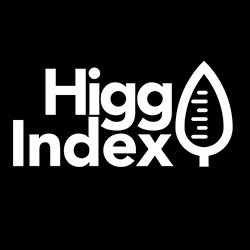 Higg Index
Higg Index
The Higg Index, is a suite of self-assessment tools developed and owned by Cascale that assesses the manufacturing, brand and product impacts of textile and consumer...
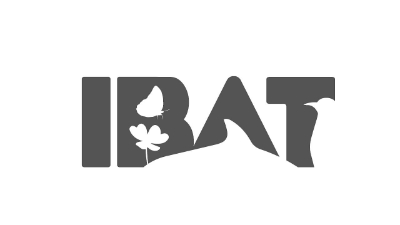 Integrated Biodiversity Assessment Tool
Integrated Biodiversity Assessment Tool
The Integrated Biodiversity Assessment Tool (IBAT) provides authoritative biodiversity data tools and guidance to help organisations act on biodiversity related risks...
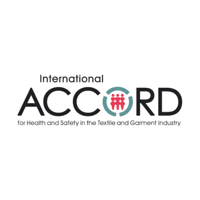 International Accord for Health and Safety
International Accord for Health and Safety
The International Accord for Health and Safety in the Textile and Garment Industry promotes safe workplaces through independent safety inspections, training programmes,...
 International Labour Organisation
International Labour Organisation
The International Labour Organisation (ILO) campaigns to improve rights at work, encourage decent employment opportunities, enhance social protection and strengthen...
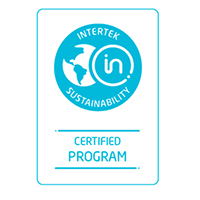 Intertek Recycled Content Program
Intertek Recycled Content Program
Since the last guide was published in 2018, international testing house Intertek has retired its ‘Green Leaf’ environmental marks for consumer goods including...
 ISO 20400:2017 Sustainable procurement – guidance
ISO 20400:2017 Sustainable procurement – guidance
BSI (the British Standards Institute) has launched ISO 20400:2017 Sustainable procurement – guidance. Designed to assist organisations to meet their sustainability...
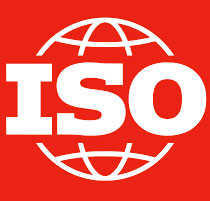 ISO: IWA 32:2019
ISO: IWA 32:2019
Published in April 2019, this ISO standard relates to the screening of genetically modified organisms (GMOs) in cotton and textiles.
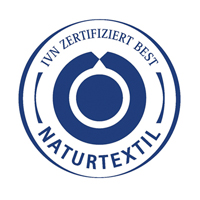 IVN BEST
IVN BEST
IVN is one of four members of the International Working Group for the Global Organic Textiles Standard (GOTS), and also supplies its own standard – the ‘Naturtextil...
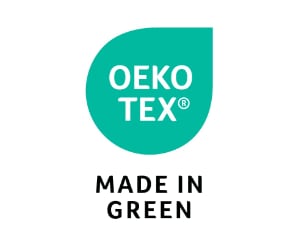 Made in Green by Oeko-Tex
Made in Green by Oeko-Tex
Made in Green by Oeko-Tex is a traceability label for textiles tested for harmful substances and the use of sustainable production practices and technologies...
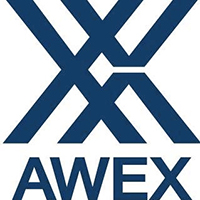 National Wool Declaration
National Wool Declaration
The National Wool Declaration (NWD) enables woolgrowers to promote their animal welfare practices (i.e. mulesing status) and the Dark and Medullated Fibre Risk (DMFR) of...
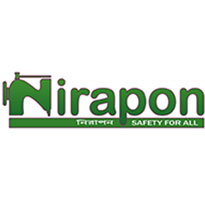 Nirapon
Nirapon
Nirapon is a self-regulatory body that provides factory building and fire safety monitoring, oversight and reporting services in Bangladesh for its members.
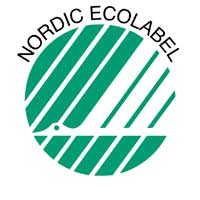 Nordic Ecolabel
Nordic Ecolabel
The non-profit Nordic ‘Swan’ Ecolabel is a voluntary license designed to help companies make and indicate products to the consumer that are more sustainable. It is...
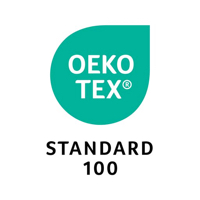 Oeko-Tex 100
Oeko-Tex 100
The Oeko-Tex Standard 100, introduced in 1992, is a global uniform testing and certification system for textile raw materials, intermediate products, and end products at...
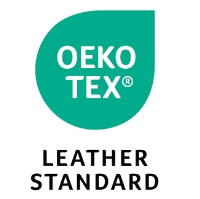 Oeko-Tex Leather Standard
Oeko-Tex Leather Standard
Launched in 2017, the Oeko-Tex standard for leather goods allows producers and suppliers of leather goods to have their products certified and tested for harmful substances.
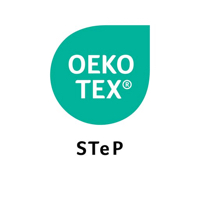 Oeko-Tex Sustainable Textile Production - STeP
Oeko-Tex Sustainable Textile Production - STeP
Sustainable Textile Production (STeP) is an Oeko-Tex certification system for brands, retail companies and manufacturers from the textile chain who want to communicate...
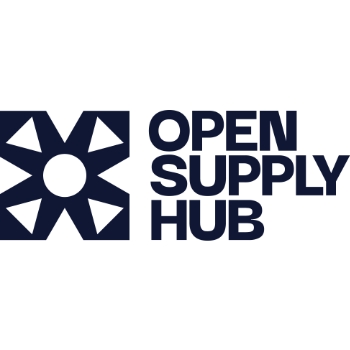 Open Supply Hub
Open Supply Hub
The Open Supply Hub, formerly the Apparel Registry (OAR) until 2022, is a free-to-use online platform that maps consumer goods t manufacturing facilities around the...
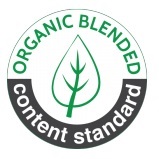 Organic Content Standard
Organic Content Standard
The Organic Content Standard (OCS) is a voluntary standard for tracking and verifying the content of organically grown materials in a final product.
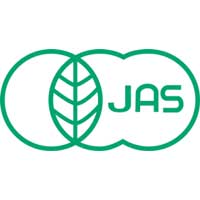 Organic Japanese Agricultural Standard
Organic Japanese Agricultural Standard
The production and processing of organic textiles sold on the Japanese market is regulated in the Japanese Agriculture Standard (JAS). These certified goods are...
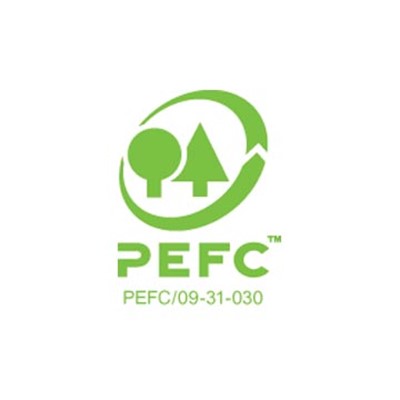 PEFC
PEFC
The Programme for the Endorsement of Forest Certification (PEFC) provides assurances that forests are managed in line with international environmental requirements,...
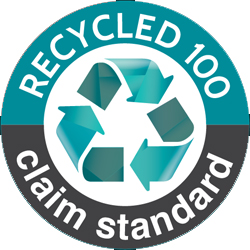 Recycled Claim Standard
Recycled Claim Standard
The Recycled Claim Standard (RCS) is a voluntary standard that tracks recycled raw materials through the supply chain to give credibility to recycled content claims on products.
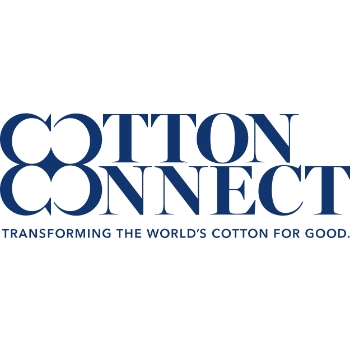 REEL Cotton
REEL Cotton
REEL Cotton is a traceable sustainable agriculture program run by CottonConnect that promotes environmentally friendly and socially responsible cotton farming.
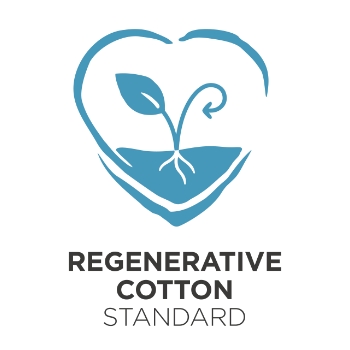 Regenerative Cotton Standard
Regenerative Cotton Standard
Developed by the Aid by Trade Foundation (AbTF), and released in November 2023, the Regenerative Cotton Standard (RCS) aims to improve the overall resilience and...
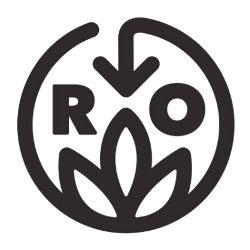 Regenerative Organic Certified
Regenerative Organic Certified
Regenerative Organic Certified was established in 2017 by a group of farmers, business leaders, and experts in soil health, animal welfare, and social fairness...
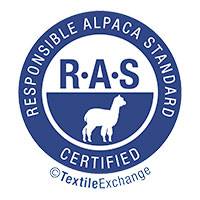 Responsible Alpaca Standard
Responsible Alpaca Standard
The Responsible Alpaca Standard (RAS) is an international, voluntary standard that ensures alpaca wool is responsibly sourced from farmers with high animal welfare standards.
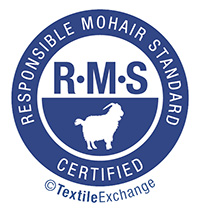 Responsible Mohair Standard
Responsible Mohair Standard
Launched by Textile Exchange in March 2020, the Responsible Mohair Standard is based on the same system as the Responsible Wool Standard and monitors animal welfare...
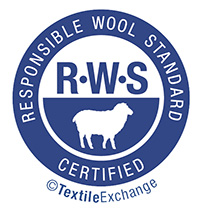 Responsible Wool Standard
Responsible Wool Standard
The Responsible Wool Standard (RWS) is a voluntary standard that addresses the welfare of sheep and the land they graze on in a bid to help sheep farmers meet consumer,...
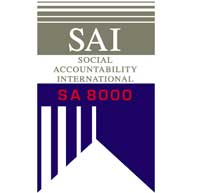 SA8000
SA8000
SA8000 is a widely recognised social certification standard that ensures decent labour conditions and protects the basic human rights of employees across all industrial sectors.
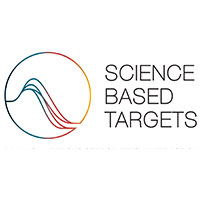 Science Based Targets Initiative
Science Based Targets Initiative
The Science Based Targets Initiative (SBTi) originally aimed to secure commitments from large companies to set science-based targets to reduce carbon emissions. In May...
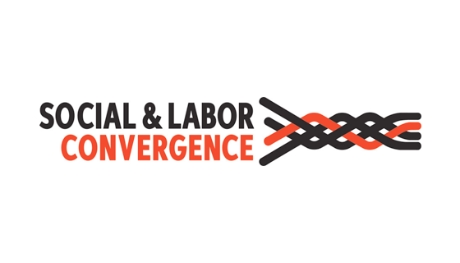 Social & Labor Convergence Program
Social & Labor Convergence Program
The Social & Labor Convergence Program provides the tools to capture accurate data about working conditions in global supply chains. This multi-stakeholder...
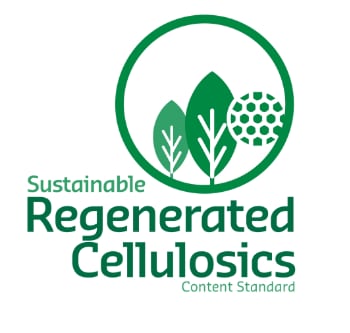 Sustainable Regenerated Cellulosics
Sustainable Regenerated Cellulosics
The Sustainable Regenerated Cellulosics Content Standard (SRCCS) formerly known as the Sustainable Viscose Chain of Custody Standard (SVCOC), was initially created by...
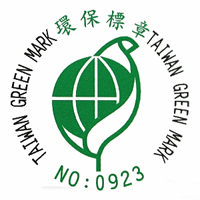 Taiwan Green Mark
Taiwan Green Mark
The Green Mark Program was launched in 1992 by Taiwan’s Environmental Protection Administration as a voluntary eco-labelling program and published its latest revision in December 2013.
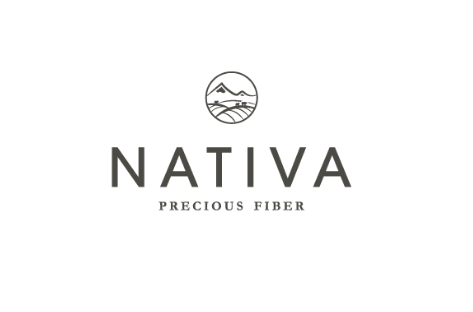 The Nativa Label
The Nativa Label
A label of the Chargeurs Group, Nativa sets a standard for stakeholders within the merino sheep industry and supply chain to meet if they’re to demonstrate a...
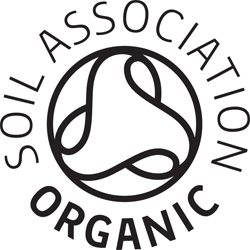 The Soil Association
The Soil Association
The Soil Association organic standard for textiles is another label which has adopted the GOTS criteria. It has a very high degree of consumer recognition in the UK...
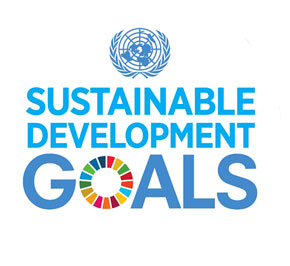 UN Sustainable Development Goals (SDGs)
UN Sustainable Development Goals (SDGs)
Launched in 2015, the UN Sustainable Development Goals (SDGs) are a universal set of goals, targets and indicators that UN member states will be expected to use to frame...
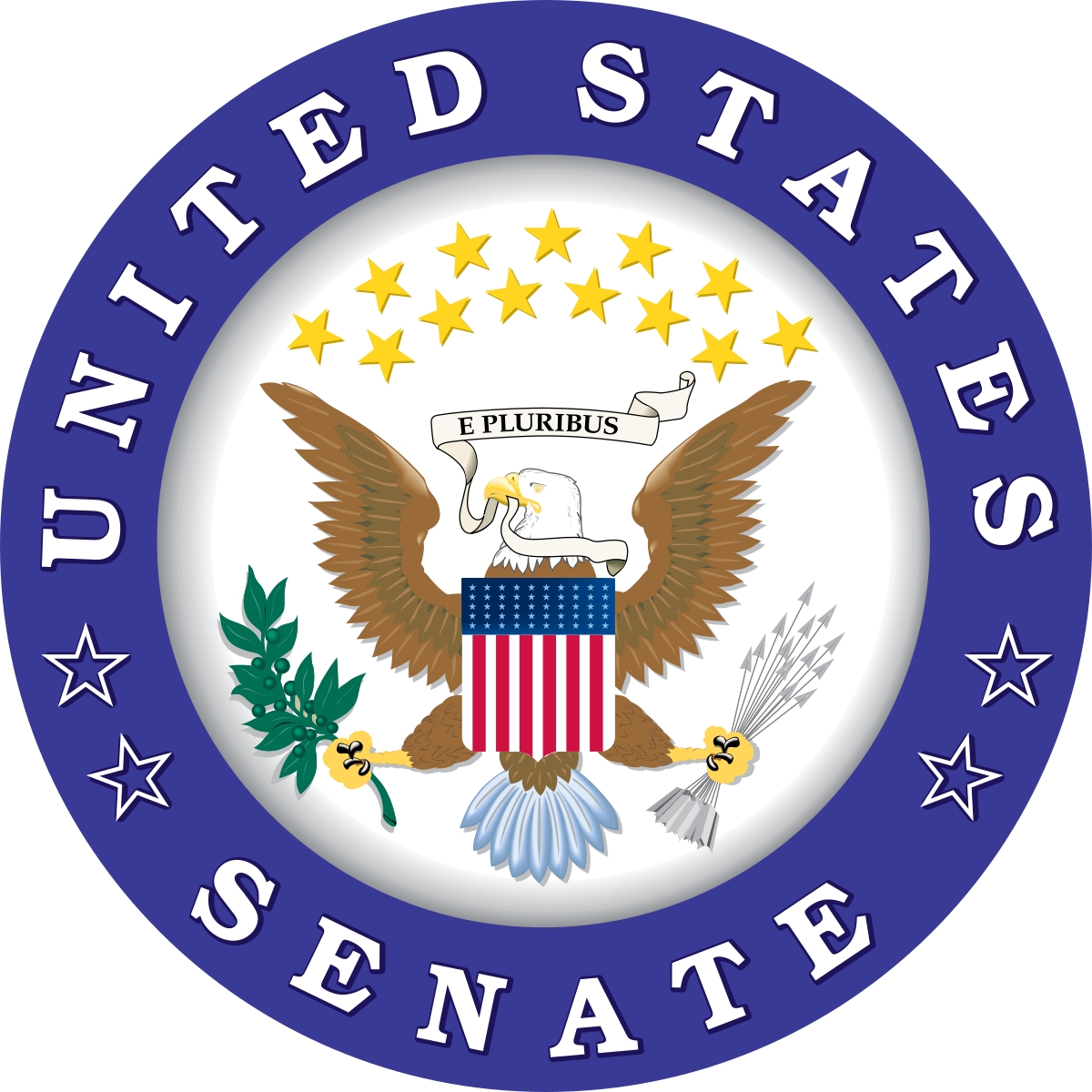 US Supply Chain Resiliency Act
US Supply Chain Resiliency Act
The bi-partisan Supply Chain Resiliency Act, introduced as Bill H.R. 6571 and passed in May 2024, and now goes to the Senate. It aims to strengthen and diversify...
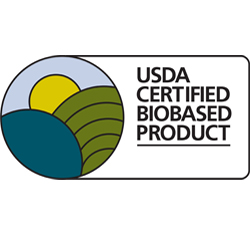 USDA BioPreferred
USDA BioPreferred
The United States Department of Agriculture administers the BioPreferred Program, which was created by the Farm Security and Rural Investment Act of 2002 (FSRIA or...
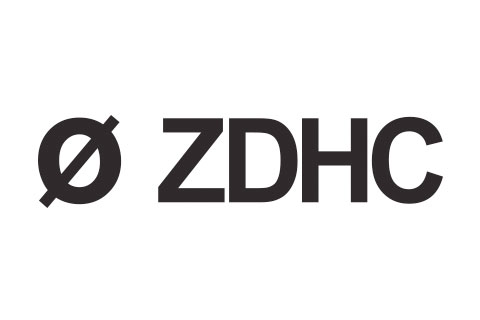 ZDHC - Chemical Gateway
ZDHC - Chemical Gateway
The ZDHC Gateway is a powerful tool and database designed to help eliminate harmful substances from global fashion and footwear supply chains.
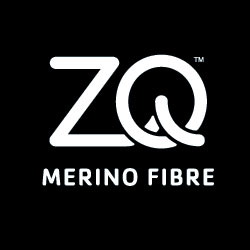 ZQ Merino
ZQ Merino
ZQ is a merino wool certification that looks at animal welfare and environmental standards. It has been developed and owned by The New Zealand Merino Company Ltd. ZQ is...


